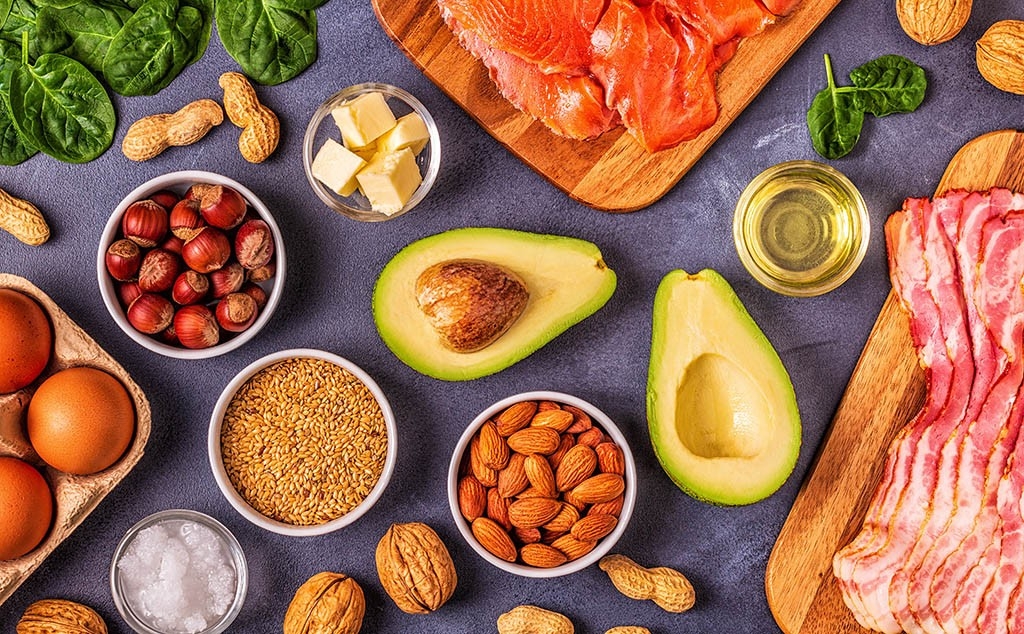What is IF(Intermittent fasting), What to eat and drink, Benefits and harmful effects of IF, Who should not do intermittent fasting, Most effective IF, How to start IF, Men vs women
What is IF (Intermittent fasting)

IF is not per se “diet,” it’s a style or pattern of eating, when you fast (don’t have any solid food or sugary drinks) for some period of time (12-36 hours) and then have “eating window”, when you can have 1,2 or any number of meals, where you consume all your daily calories and after closing this eating period you again fast. Necessary to mention that humanity have been doing fasts since thousands of years due to various reasons.
The most common IF regime is 16:8, that means that you fast for 16 hours and then eat for 8 hours. Person can also go for 20:4, or even alternate day fasting. It can be done on a daily basis or only 3-4-5 days in a week, keeping other days eating pattern as usual. You can change timings of periods, keeping for example, eating window either in the morning or afternoon or even evening. It can vary based on personal preference, age, sex, goals etc.
What to eat and drink
So, in your fasting period you can drink any amount of water and drinks like tea, coffee (with no sugar in it). No food or other drinks are allowed, so your body stays in a fasting state. Once your “feeding window “starts you can have your food, divided in few meals. When you break your fast it’s better to have some easily digestible foods like soups, smoothies, broths, cooked vegetables etc., later you can have more calorie dense and harder to digest foods like complex carbohydrates and proteins. Important though, that your food consists mainly of healthy whole foods like vegetables, grains, pulses, lean proteins, eggs, fruits, good fats and should contain less processed foods, sugar, fat and salt, otherwise you’ll not have any health benefits.
Benefits and harmful effects of IF.
IF improves body composition (weight loss and belly fat loss), lowers diseases risk, can improve brain function and heart function, it lowers blood pressure, cholesterol, insulin, and blood sugar level.
Side effects might be fatigue, irritability, hunger, low energy, headache, disrupted sleep, increased stress levels. Also, indigestion, heartburn, diarrhoea, or constipation. Also, can cause overeating, lead to eating disorders.
Who should not do intermittent fasting
Pregnant or breastfeeding women, children, elderly people, people with chronic diseases, those who have a history of eating disorders in the past. Always consult your doctor before planning to go on IF.
Most effective IF
The most easy (emotionally and physically) regime is 16:8. It’s better to keep your eating period either in the morning or in the afternoon. Do not leave it for the late evening, otherwise you can develop indigestion or heartburn.
How to start IF
You don’t need to start 16:8 regime straight away, but instead slowly start increasing time between your previous day dinner and the next day breakfast.
Once you had your dinner in the evening, don’t have any foods or sugary drinks after. In the morning don’t hurry to have breakfast once you are up, instead wait for few more hours before “breaking fast” and gradually build up the fasting window up to 16 hours.
If you can stay without food for longer without feeling like starving or being excessively hangry🤣,then you can go for 20:4 or even alternate day fast, when you don’t have any food for 24 hours and the next day you as per your regular schedule.
Men vs women
There is not much data available about women’s response to IF, but it shows that women may react more adversely to it: their cortisol (stress hormone) levels rise up, insulin sensitivity declines, metabolic rates slowdown, which can contribute to obesity and diabetes. For women it’s a good idea to keep fasting hours shorter and keep 14:10 or 16:8 regime of IF and do it nit in a daily basis, but maybe 4-5 days in a week.
Older women in their 50s and 60s seem to have more health benefits from IF, as their hormones are changing during pre-menopause and menopause and combined with physical activity IF helps maintain muscular mass, keep stubborn fat at bay and prevent many age-related diseases, including some cancers. Man at any age have multiple health benefits as described above.
Overall, intermittent fasting is a useful powerful tool, that can be used by majority of all age people with little adjustments to suit specifical goals.
For additional information and scientific study please click here
Please see here to read my story

